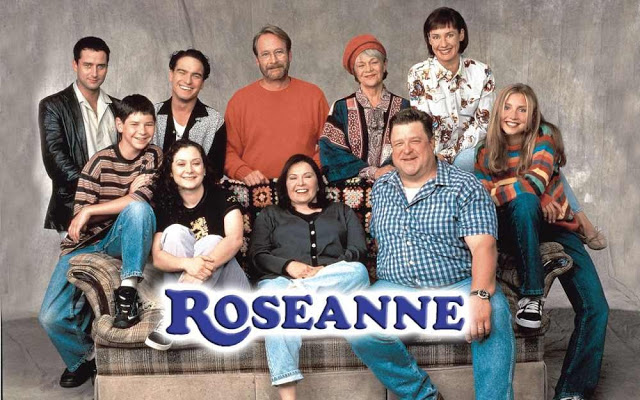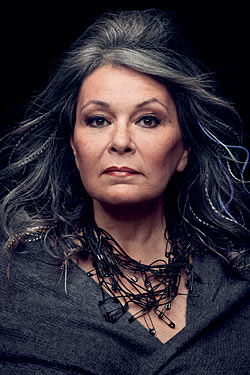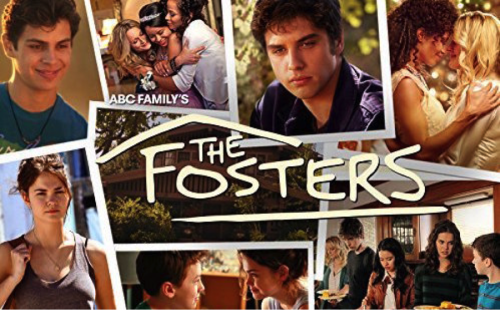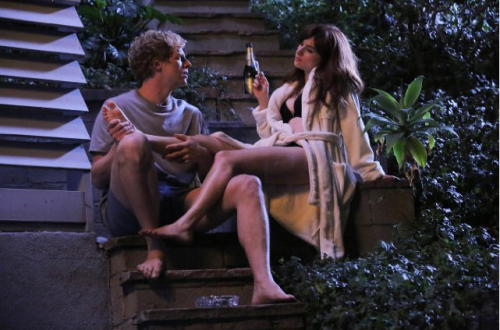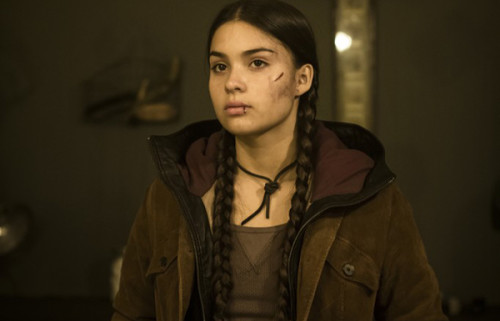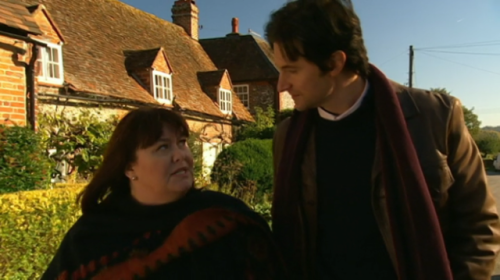It is, also, of course, essential that we see female characters make their own way in professions traditionally monopolized by men. They reflect social change as well as inspire. It is equally essential that women of power are portrayed on the big and small screen with greater frequency as well as with a greater degree of complexity. American films and television programs should not, however, block out the lives of working-class and poor women. So many stories, struggles, journeys and adventures, remain unacknowledged and untold. It is a strange and troubling thought that contemporary American audiences are simply unaccustomed to seeing interesting, strong and resourceful working-class women. Whether ordinary or extraordinary, working-class women of all races and backgrounds, need greater representation.


